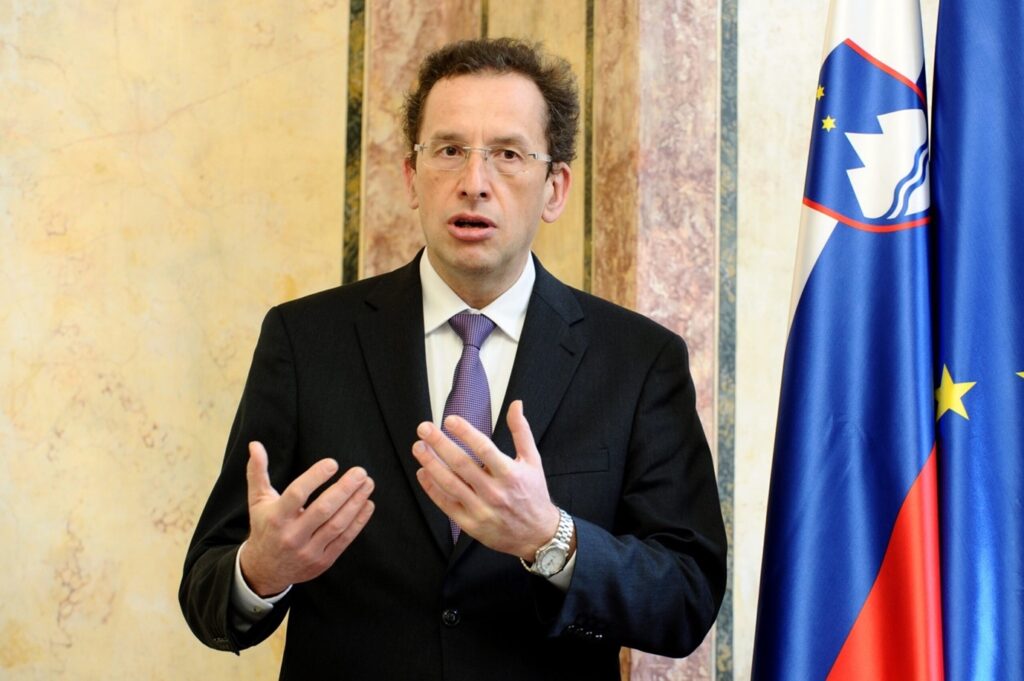“The biggest “carte blanche” are conversations that last for an hour and a half, and then the journalist feels like he can just attribute quotes to you, which are not even quotes. And he feels that he can just put sentences that were not even said in quotation marks,” said the former minister and commentator Dr. Žiga Turk, explaining on Twitter how his statements about the Slovenian government in the New York Times article were edited, adding that after all of this, he does not find it strange that the once reputable American media outlet is now only considered to be a “former newspaper.”
As we have already reported, the once reputable New York Times published a biased article about Slovenia and the Slovenian government, in which a statement by the former minister Žiga Turk was also included – who supposedly said that the Prime Minister Janez Janša has been so weakened that “he does not have the power to do anything anymore, other than curse foes on Twitter.”
Turk also explained on Twitter today how the author of the article, otherwise the winner of two Pulitzer Prizes, Andrew Higgins, played him. “Since the media can no longer be considered to be neutral observers, I am advising the following to myself: only appear in the media live or in a form where an integral version of the conversation is published,” Turk wrote, adding that, similar to what some judges like to do, the media often tries to work only focusing on the result as well: they know what kind of a story/judgment they want to publish and then they collect pieces which help them compose it.
Journalists have become the true masters of manipulation
Turk pointed out that the most deceptive conversations are similar to the one that recently happened to him, so they last for an hour and a half, after which the journalist attributed two quotes to him that he did not even say, and also wrote sentences Turk never said in quotation marks. The journalists also know how to manipulate the statements people make in front of the camera, and spend a lot of time asking them questions, only to then use 15 seconds of cut-out statements in the actual article. “If there is anything worth saying, it should be said in a single sentence, which then has to be repeated over and over again, even if they ask you what the weather is like.” After this experience, Turk has decided that from now on, he will try to communicate with the journalists in writing only, and will actually talk to them less frequently, so he also let everyone who is asking him to make statements know that they should send him their questions via e-mail.
Given his experience with the New York Times, Turk further noted that he now understands why the famous American author Andrew Klavan calls the once-reputable media outlet a “former newspaper.” He then concluded his explanation by writing: “P.S.: To everyone who is indulgently giggling, talking about how Turk told the New York Times that Janša has no power to do anything anymore, please decide whether we have fascism and a Janšaistic dictatorship, or if Janša actually has no power *regarding the media* and they can freely write what they want.”
Sara Kovač


